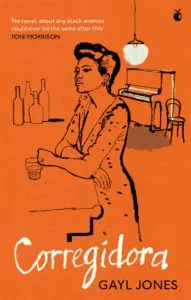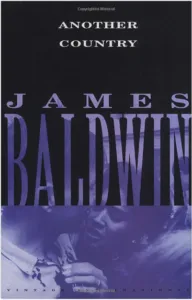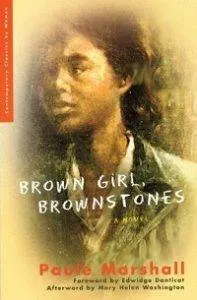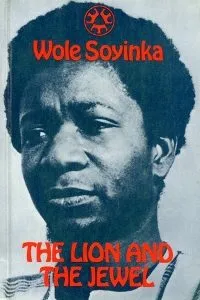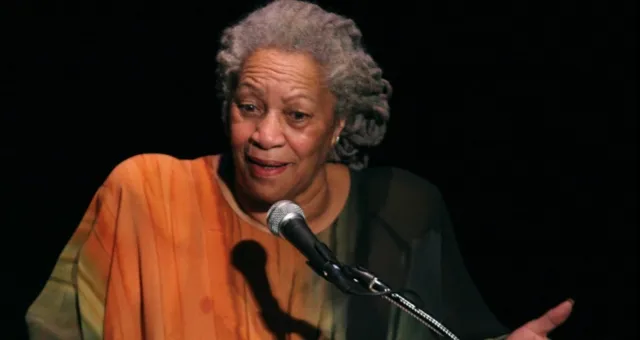
12 Must-Read Authors According to Toni Morrison
This content contains affiliate links. When you buy through these links, we may earn an affiliate commission.
Following the passing of Toni Morrison, the literary world devoured her works, and sales for Toni Morrison’s books increased sharply. The week before Morrison’s death, Beloved sold around 1,000 copies. The week after she passed, more than 12,000 copies were sold. As readers journeyed through the incomparable and prolific works of Toni Morrison, they may have wondered where to turn when that journey ends.
For me, I wondered what does Toni Morrison read and what would she recommend for people to read? I was disappointed to read several Toni Morrison interviews without answers to these burning questions. However, I did find something else of interest. Within a few of these interviews, Morrison name dropped several authors. If Toni Morrison mentions a writer, even in passing, then those authors should be added to any book lover’s must-read list, expeditiously.
In honor of what would be Toni Morrison’s 89th birthday and hopefully the future Toni Morrison Day, we have a list of authors you should add to your TBR because Toni Morrison said so!
“It was this self-assurance, too, that gave her the courage to split from her husband when she was pregnant with her second child and that made her such an iconoclastic force as an editor at Random House where she propelled works by black writers such as Angela Davis and Toni Cade Bambara into the mainstream.” (The Guardian)
With Random House, Angela Davis published her autobiography, Angela Davis: An Autobiography. Other must-read books from Davis include Women, Race, and Class and Women, Culture, and Politics.
Toni Cade Bambara published several works with Random House including the short story collection The Sea Birds Are Still Alive and the novel The Salt Eaters. Toni Morrison even edited Deep Sightings and Rescue Missions: Fiction, Essays and Conversations, Bambara’s posthumous collection of short stories, essays, and interviews.
“I have not seen and cannot think of any black female writer who is interested in being taken up by the white male power structure. I don’t know one, not one. And I know them. Because I know the sacrifices they have made and turned down, in order to get their work done. And it has been to their advantage to do it for publicity. I have not done it … And I don’t think it’s fair to say that black women writers who are getting a lot of publicity are doing it. They are not … Gayle Jones doesn’t do it, Gloria Naylor doesn’t do it.” (Common Reader)
Toni Morrison declared “that no novel about any black woman could ever be the same after this” in reference to the manuscript for Gayl Jones’s first novel, Corregidora. Jones’s other notable works include Eva’s Man and The Healing. Gloria Naylor was inspired by black women writers like Alice Walker and Toni Morrison, which is shown in her debut novel The Women of Brewster Place. Naylor’s second published novel, Linden Hills, was inspired by her thesis in African American studies.
After the interviewer references the Baldwin quote: “The role of the artist is exactly the same as the role of the lover. If I love you, I have to make you conscious of the things you don’t see,” she asks Morrison, “How do you see the role of the artist?” Morrison responds “… an artist, whether it’s a painter or a writer, it’s almost holy.” (Granta)
Readers who want the transcendent experience of James Baldwin may find it in Go Tell It on the Mountain, Another Country, If Beale Street Could Talk, or Just Above My Head.
“In the 1960s, there were nearly no black women novelists published. Paule Marshall was published in 1959 … It is as though black women writers said, ‘Nobody’s gonna tell our story.’ Nobody but us.” (Common Reader)
Read the stories of black women in books by Paule Marshall like her debut novel Brown Girl, Brownstones, The Chosen Place, the Timeless People, or Praisesong for the Widow.
When the interviewer notes a photograph in Morrison’s guest bathroom of her with Nigerian Nobel Laureate Wole Soyinka, Morrison responds, “ Yeah, we used to go to Paris and have meetings and talk – elegant talk – and solve world problems. And Soyinka always knew how to solve everything.” (Granta)
Similar to Toni Morrison being the first black woman to win the Nobel Prize in Literature, Wole Soyinka was the first African to win the prize. Soyinka’s prolific works of plays, essays, memoirs, novels, and short stories include The Lion and The Jewel, Seasons of Anomy, and Death and the King’s Horseman.




